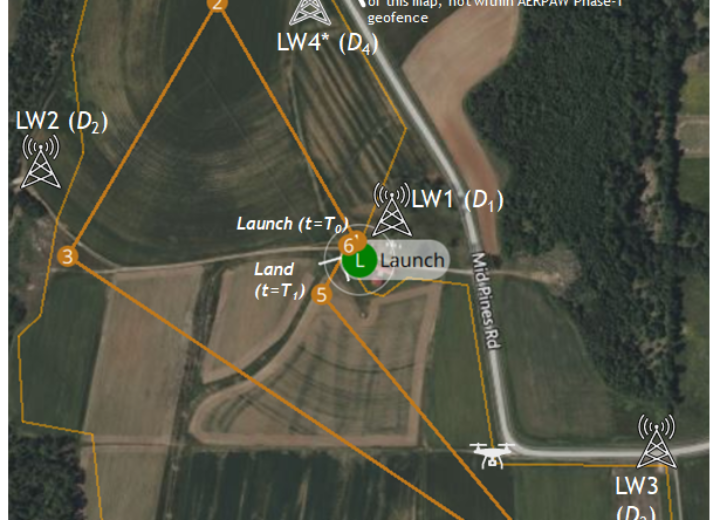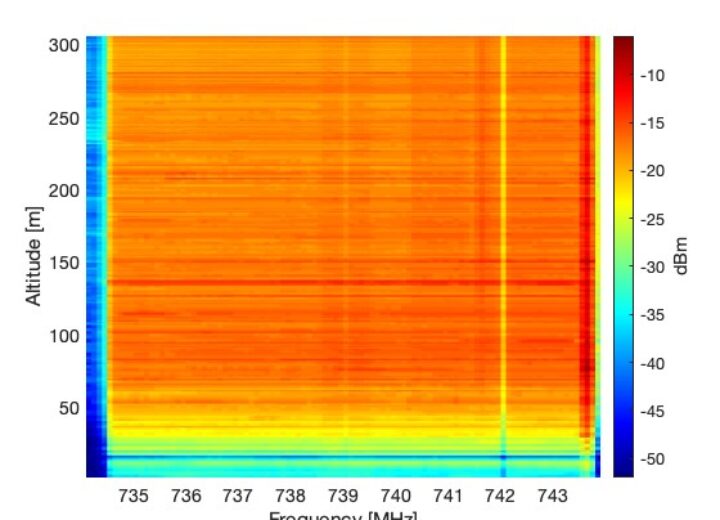
The RENEW team – partner on the POWDER testbed – is launching a Massive MIMO challenge with the ITU to optimize multi-user scheduling in mMIMO mobile channels. View the problem statement below and join RENEW for a webinar on May 13 at 10 ET to learn more.
Challenge submissions will be accepted through August 9, 2024, with winners and awards announced at the end of the summer.
Timeline
- Webinar: 13 May 2024 at 10-11 EDT, click to register
- Registration: 10 May – 31 July 2024
- Submission deadline: 09 August 2024
- Announcement of top solutions (Ranking): 16 August 2024
- Grand Finale Webinar: TBC, Aug 2024
Learn more about the challenge: Optimal Multi-user scheduling in massive MIMO mobile channels.
Problem Statement
The goal of this challenge is to use machine learning based algorithms to solve the multi-user beamforming scheduling problem. To enable multi-user beamforming, the massive MIMO base station requires the channel knowledge of the users in the network. The massive MIMO base station uses the channel knowledge to also schedule users for either downlink or uplink transmission. Given that a mobile user’s channel constantly changes and there is a significant overhead of continuously measuring users channels, an efficient algorithm may need to use partial or potentially stale channel knowledge to schedule users in next scheduling periods to maximize network throughput while considering fairness to users. The fairness criteria can be calculated using Jain’s fairness index (JFI) where cumulative rate of users from past scheduling decisions are used to weigh the preference for users in the next scheduling period. Each scheduling period in the 5G standard is 1ms which creates a tight deadline for scheduling decisions.
As a baseline, we provide a deep reinforcement learning (DRL) solution that relies on full channel knowledge in each scheduling period. The solution uses a soft actor-critic (SAC) model to achieve high accuracy while scaling to a large number of users in the network. The objective of this challenge is to modify the baseline model or provide a completely new model that can achieve similar performance with stale channel knowledge, potentially from 10s of scheduling periods in the past.



